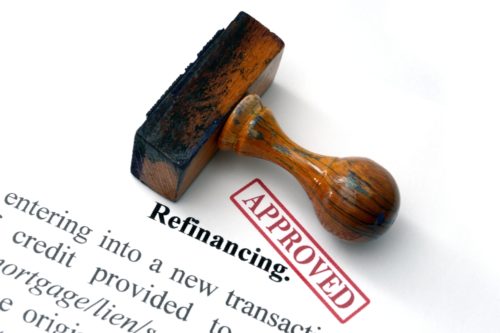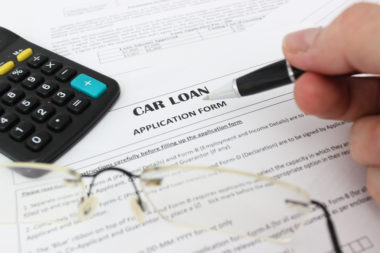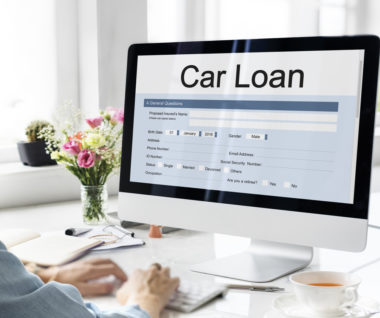For many people, owning a car is a necessary part of everyday life. From commuting to work to running errands, picking children up, or getting friends and family to doctor’s appointments, there’s no doubt that owning a vehicle makes life a whole lot simpler.
If you’re fortunate enough to own your own vehicle, you may have a car loan. This type of personal loan gives you the funds to purchase a vehicle. The value of your car loan is based on the size of your down payment, your credit history, and your ability to repay the loan within the terms.
If you’re currently struggling to make payments on your car loan, you may be eligible for refinancing. Are you wondering how to refinance a car loan? Here, you’ll learn more about what refinancing is, when you should consider it, and when it may be the right time for you to refinance your car loan.
Table of Contents
What Is Refinancing?
In essence, when you refinance a loan you’re taking out another loan to pay it off, but the new loan has better rates, terms, conditions, or all three.
You can refinance your car loan through your current lender or a new one. Often, people choose to refinance with new lenders because they are able to offer you a lower interest rate with different terms that work better for your life and your budget.
Consider Refinancing
There are many reasons someone might choose to refinance their car loan.
To Get a Better Interest Rate
If your interest rate is extremely high, you may want to consider refinancing. Doing so allows you to obtain a better rate and ultimately lower your monthly payments — and what you’ll pay overall.
To Get Lower Monthly Payments
If you’re struggling to make the minimum payment every month, refinancing could be an option to lower your monthly payments. If you choose to refinance your car loan over a longer period of time, this may make your checkbook more manageable, but it might also increase the total amount of interest you have to pay back. It’s also important to note that a longer-term loan could mean paying for a car that has significantly decreased in value over the years.
If You Won’t Be Penalized for Paying Off Your Loan Early
While paying off your loan early sounds like a good thing, many financial institutions penalize those who pay off their loans early with an added fee. If you’re looking to refinance your car loan so that you can pay it off in full early, check to ensure there are no prepayment penalty clauses first.
When Is the Right Time To Refinance?
In certain situations, refinancing is an ideal option, while in some cases, it may be the only option. Learn more about when refinancing could be right for you.
When Your Financial Situation Has Improved
If your credit score was poor when you obtained your original loan but it has gotten better, refinancing may be a good option. Your better credit score can allow you to get a new loan with more affordable interest rates.
When You’re Having Trouble Keeping Up With Monthly Bills
If you have to refinance because of your inability to pay each month, do so. If and when your circumstances change, pay more each month so that you can pay off the loan sooner.
When You Didn’t Get the Best Offer the First Time
Sometimes, all it takes is a little shopping around. If you see that a bank is offering a better deal than what you’re currently paying on your loan, take them up on refinancing. This could mean lower interest rates or other incentives offered by private banks, which often offer better auto loan rates than car dealerships. Regardless of where you got your car loan, pay attention to what others are offering so that you can refinance and get the best deal.
How Difficult Is Refinancing?
Refinancing your car loan can be potentially difficult for a number of reasons. Each lender has its own requirements for refinancing, which can pose a few problems:
- You may not be able to borrow as much. This becomes problematic with older vehicles for which you have a substantial balance due.
- Your vehicle is too old. Often, financial institutions won’t refinance a loan for vehicles older than a few years.
- Your credit score is too low. If your credit is bad, refinancing could do more good than bad for your financial situation.
If your situation doesn’t involve those issues, refinancing could be the answer for you. Whether you refinance your auto loan through USAA or another reputable institution, consider the following before you do so:
- The make and model of your vehicle.
- How many miles your car has.
- Any problems your car has.
- The overall condition of your vehicle.
All these factors will affect whether you’re able to refinance your loan.
Refinancing your car can save you money, but only when the time is right. Be sure to make these considerations before you refinance your car loan.
Image Source: https://depositphotos.com/





